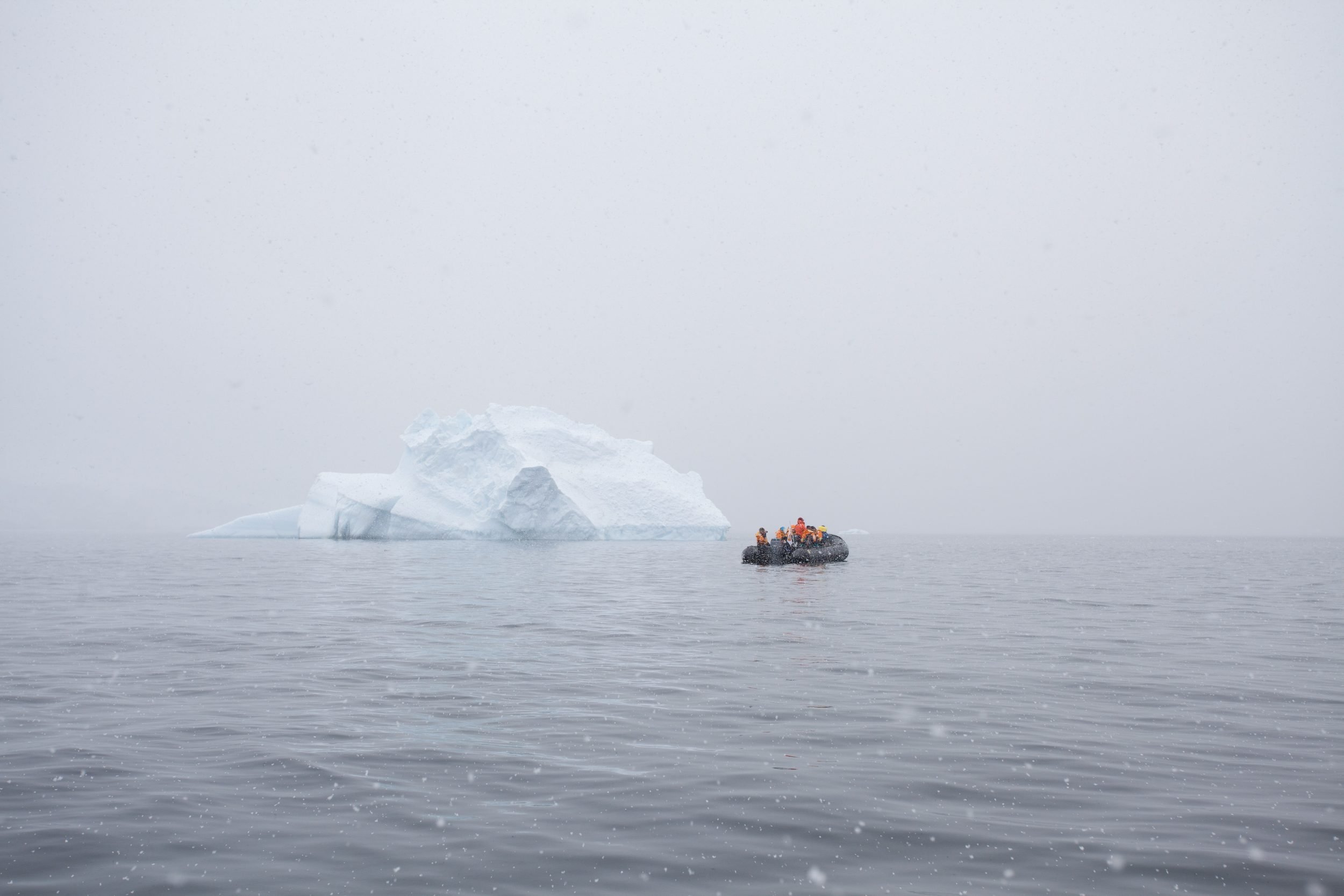The United Nations General Assembly has proclaimed the period between 2022 and 2032 as the International Decade of Indigenous Languages (IDIL 2022-2032) to draw global attention to the critical status of many Indigenous languages around the world and to mobilize stakeholders and resources for their preservation, revitalization and promotion.
The International Decade aims to secure the rights of Indigenous Peoples to preserve, revitalize and promote their languages, while mainstreaming linguistic diversity and multilingualism into the UN’s broader sustainable development efforts. It offers a unique opportunity to collaborate and stimulate a global dialogue, and to take necessary steps for the continued usage, preservation, revitalization and promotion of Indigenous languages around the world.

Canadian launch of the International Decade of Indigenous Languages
Co-hosted by Canadian Commission for UNESCO, Canada Council for the Arts and the Royal Canadian Geographical Society
Indigenous peoples and their languages, having evolved through conversations with the land over millennia, are key to the planet’s sustainability. Indigenous languages contain guidance about how to be in relationship with Mother Earth, how to listen to her, thank her and live in reciprocity with all of her inhabitants, including plant and animal beings.
This inspiring event, which took place on April 22 (Earth Day), included cultural sharing and musical performances by Beatrice Deer, Emma Stevens, and Zachary Willier, and a powerful message of hope from Her Excellency the Right Honourable Mary Simon, Governor General of Canada, all hosted by RCGS Honorary President Chief Perry Bellegarde. All of this, along with the powerhouse intergenerational circle discussion, introduced by Chief Wilton Littlechild and witnessed by Dr. Lorna Wanosts’a7 Williams, can be witnessed here as we invite you to join us in celebrating the languages that have been shaped by these lands since time immemorial.
Watch highlights from the event below
Declaration of the Global Geography Community on the Decade of Indigenous Languages
Read/download in:
The essence and reach of geography is much more than the study of the earth’s physical features, atmosphere and the impact of human activity upon them. Human and physical geography are inherently intertwined. Distinct languages and cultures make the human landscape diverse. In turn these distinct languages are, and always have been, shaped by the physical landscape where speakers live.
Geographers then have the opportunity to read, understand and interpret the unique and varied relationships between the land and its inhabitants by seeking to understand the teachings within the language and learning from the First Peoples of respective territories and geographic regions through the languages that shaped them. Indigenous languages are living languages—sourced from the lands, expressing Indigenous creation stories, thriving in the ancient ceremonies and the daily lives of Indigenous Peoples.
January 2022 marks the beginning of the United Nations Decade of Indigenous Languages. Building on the year of Indigenous Languages (2019) UNESCO invites the world to contribute to building a global community for the preservation, revitalization and support of Indigenous languages worldwide. Geographical societies are uniquely positioned to support Indigenous Peoples as they lead the reclamation, revitalization, maintenance and strengthening of their languages while promoting public awareness of the richness and diversity of Indigenous languages through our educational, editorial, and journalistic channels.
Geographers — whether as students, researchers, educators, writers, explorers, practitioners in business or policy, or as engaged and curious travellers — call upon our leaders to make significant, authentic commitments to place the revitalization and recognition of Indigenous languages at the forefront of all that we do and to take sustained and measurable action on those commitments.
Accordingly, we pledge that our institutions will amplify and intensify our efforts and actions to re-examine and contextualize the unique attributes that are the hallmark of the learning, teaching, and practice of geography through the lens of Indigenous Languages that have drawn together citizens of the world for the Decade of Indigenous Languages. We commit to doing all that we can to apply geography’s potent capabilities to the task of making the coming Decade one of hope and of meaningful action.
Signatories to the declaration
National Geographic Society • Royal Canadian Geographical Society • Royal Scottish Geographical Society • Royal Geographical Society • International Geographical Union • International Association of Geographers • Association of Nigerian Geographers • Saudi Geographical Society • National Committee for Geographical Science of the Australian Academy of Science • French National Committee of Geography • Vietnam Association of Geographers • Association of Geographers at Germanophone Universities and Research Institutes • Croatian Geographical Society • Japanese National Committee for the International Geographical Union • Portuguese Association of Geographers • Australian Geographic • Geographical Societies in Germany, Austria and Switzerland • Lithuanian Geographical Society • Canadian Association of Geographers • Centre for Geographical Studies, University of Lisbon • Estonian Geographical Society • Geographical Society of China • EUROGEO – European Association of Geographers • Israel Geographical Association • Italian Geographical Society • Society of South African Geographers • Geographical Society of Ireland
More on Indigenous languages
RCGS Honorary Vice-President Wade Davis on the importance of Indigenous languages
Mapping Indigenous languages in Canada
Interactive “First Peoples Map of B.C.” celebrates the languages and cultures of the Pacific Northwest
Listen: Perry Bellegarde on reconnecting with language and ceremony
Listen: Truth and Reconciliation Commissioner Marie Wilson on marking the first National Day for Truth and Reconciliation



